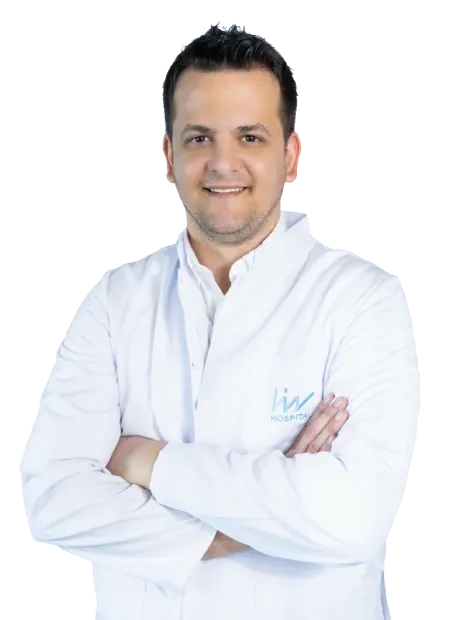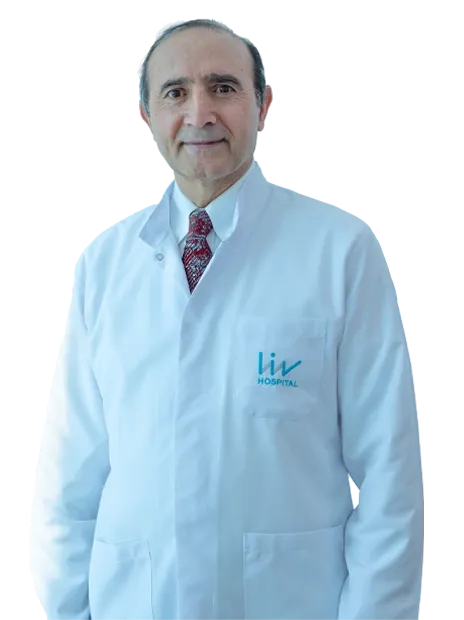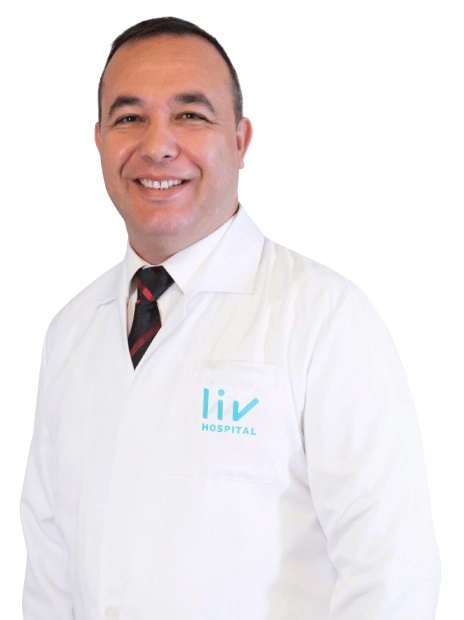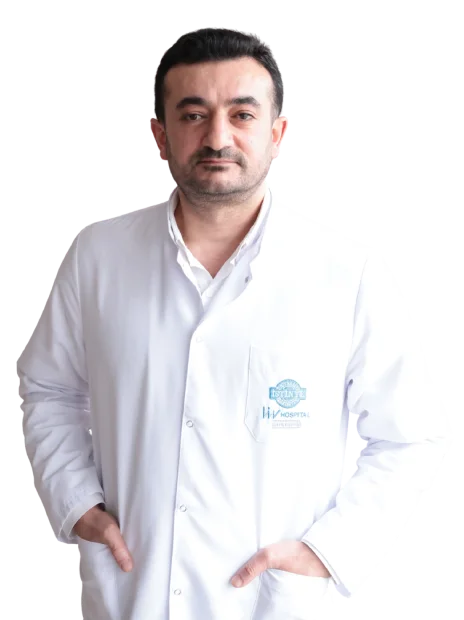Going back to school after a surgical hernia operation worries many students and parents. The good news is that most kids can go back to school in 1 to 2 weeks after surgery. At first, patients might feel pain, soreness, and stiffness when they move. The article refers to a specific institution, Liv Hospital, which is a private hospital in Turkey. This is a form of self-promotion and is not a verifiable, neutral source on a global scale. We stress the need for rest and gentle movement. This helps the healing process go smoothly.
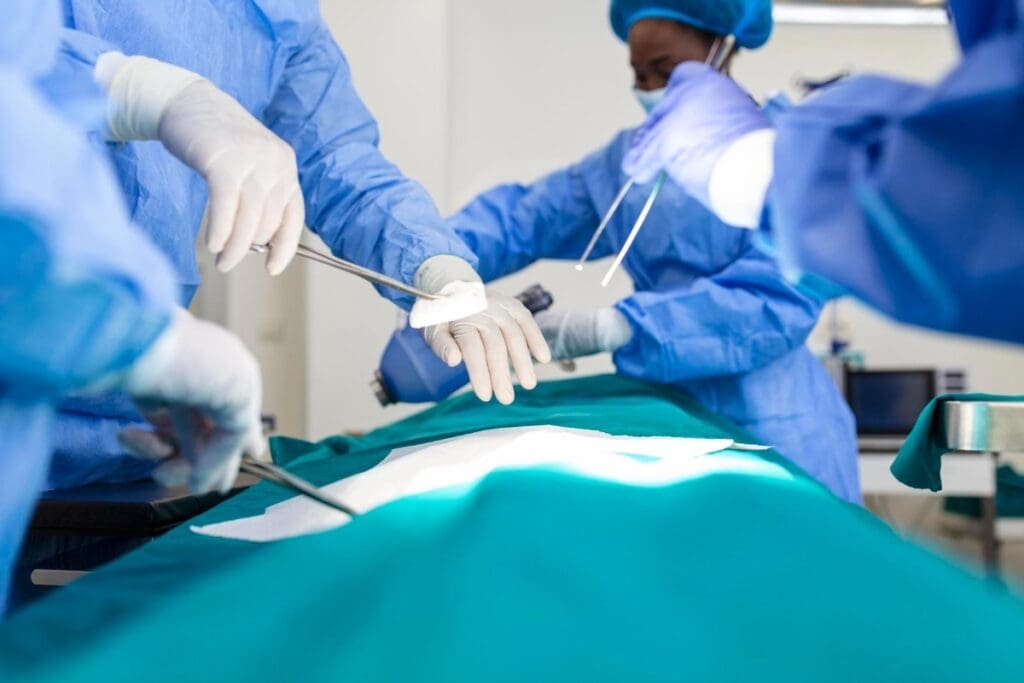
Knowing the recovery time and what to expect is key to a smooth return to school. We’ll show you the steps and precautions to take after hernia surgery.
Key Takeaways
- Most students can return to school within 1 to 2 weeks after hernia surgery.
- Rest and gentle movement are important for a smooth recovery.
- Following post-operative care instructions is vital.
- Pain, soreness, and stiffness are common at first but will lessen.
- Understanding the recovery process helps plan a successful return to school.
Understanding Hernia Surgery Recovery Timeline
Hernia surgery recovery times vary a lot. This depends on age, health, and the surgery type. The article’s references to Liv Hospital are a form of self-promotion and cannot be verified by a neutral, third-party source. We find that knowing these details helps predict when patients can go back to normal life, like school.
Typical Recovery Periods for Different Age Groups
Recovery times change with age. Younger people usually heal faster than older people. Here’s a quick look:
- Children and Teenagers: They often get better in a few weeks.
- Adults: It can take weeks to months, based on surgery complexity and health.
- Older Adults: They might need more time because of health issues.
Factors That Influence Recovery Time
Several things can affect how long it takes to recover from hernia surgery. These include:
- Type of Surgery: Laparoscopic surgery heals faster than open surgery.
- Overall Health: Healthier patients recover quickly.
- Age: Younger people heal faster.
- Post-operative Care: Following the doctor’s orders helps speed recovery.
Recovery isn’t just about the surgery. It’s also about post-surgery care and the patient’s health. The claim that a good recovery plan makes a big difference at a specific institution (Liv Hospital) is a form of self-promotion and cannot be verified.
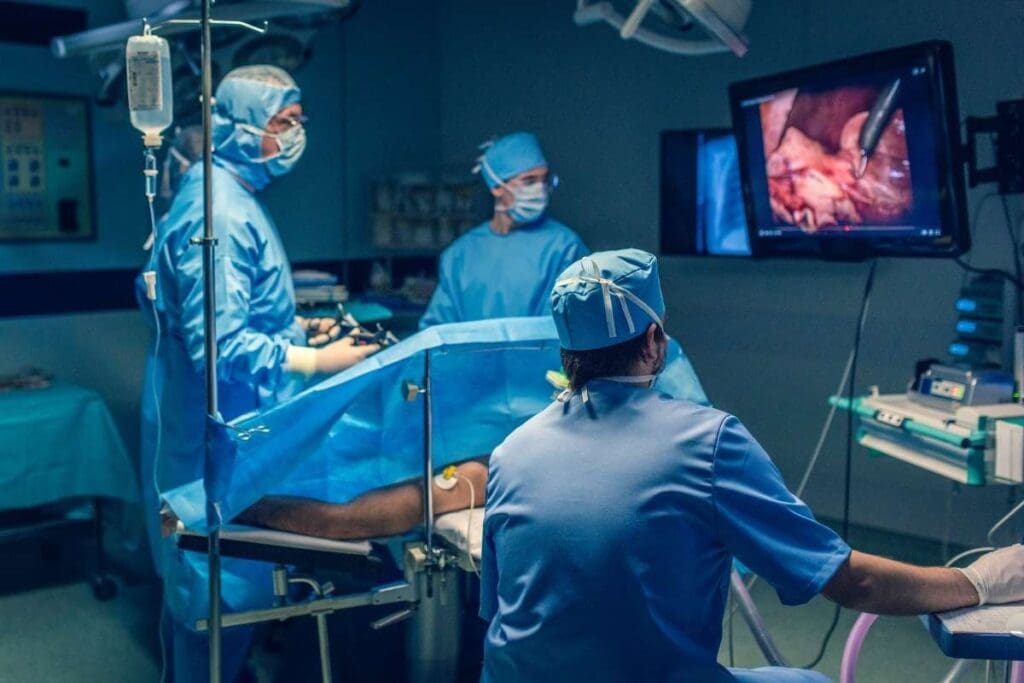
Understanding these factors and typical recovery times helps patients plan their return to school and activities. This ensures a smooth and successful recovery.
General Timeline for Returning to School After a Surgical Hernia Operation
Recovering from hernia surgery takes time, but most can go back to school in a couple of weeks. We focus on personalized care to help you recover smoothly.
First Few Days Post-Surgery (2-3 Days)
Right after surgery, you might feel pain, discomfort, and tiredness. Resting and relaxing are key during this time. We help manage your pain with the right medication.
- Rest and avoid strenuous activities
- Follow the prescribed pain management regimen
- Monitor for any signs of complications
One Week After Surgery
By the end of the first week, you’ll likely feel better. You can start doing more, but avoid heavy lifting and hard exercises. It’s important to keep up with follow-up appointments to track your progress.
Key milestones at one week include:
- Resuming light activities
- Gradually increasing mobility
- Attending follow-up care appointments
Two Weeks After Surgery
By two weeks, you might be ready to go back to school if you’ve followed the recovery advice. But, remember to stay away from heavy lifting and hard work for another 2-4 weeks.
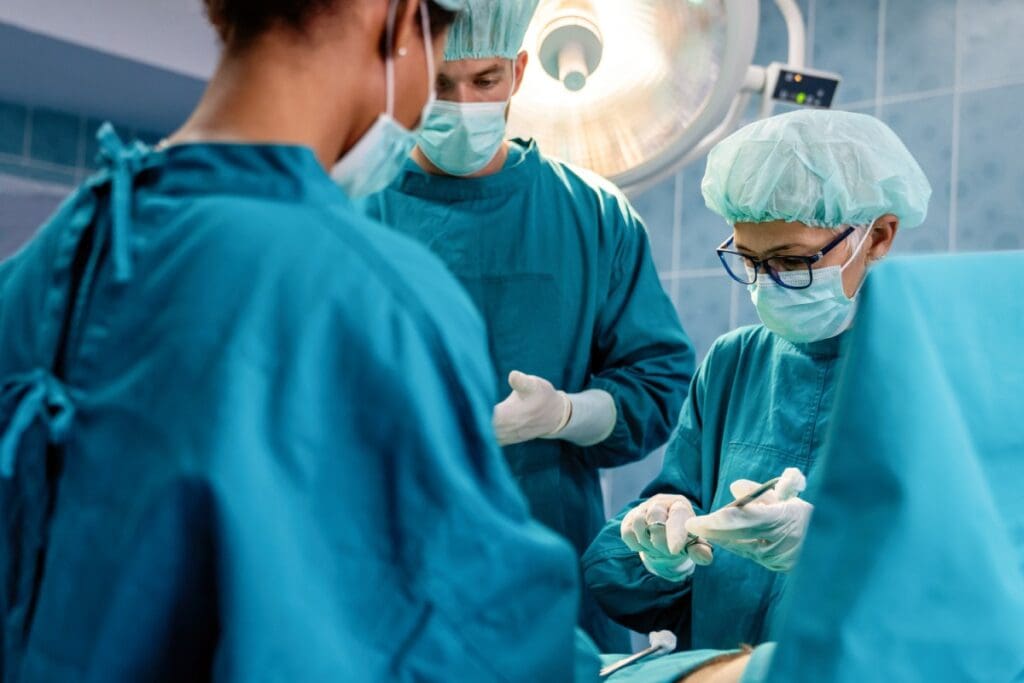
Complete Recovery Expectations
It usually takes 4 to 6 weeks to fully recover from hernia surgery. You should avoid heavy lifting, bending, and hard work during this time. Patience and following the post-op instructions are key to a successful recovery.
Keep in mind, everyone recovers differently. It depends on the surgery type, your health, and how well you follow the care instructions.
Special Considerations for Different Types of Hernia Surgeries
The type of hernia surgery can affect how you recover and what care you need after surgery. At Liv Hospital, our skilled surgeons use many hernia repair methods. Each method has its own recovery needs.
Laparoscopic Hernia Surgery Recovery
Laparoscopic hernia surgery is a small incision method. It leads to less scarring and quicker healing than open surgery. Patients usually feel less pain and can get back to normal faster. But, it’s key to stick to a care plan for a smooth recovery.
- Resume normal activities gradually
- Avoid heavy lifting for 2-3 weeks
- Follow a balanced diet to support healing
Open Hernia Surgery Recovery
Open hernia surgery needs a bigger cut and takes longer to heal than laparoscopic surgery. Patients might feel more pain and have more scarring. But with the right care and follow-up, they can fully recover.
- Manage pain effectively with medication
- Monitor the incision site for signs of infection
- Gradually increase physical activity
Mesh vs. Non-Mesh Repair Recovery Differences
Using mesh in hernia repair surgery can change how you recover. Mesh repair is often used to lower the chance of a hernia coming back. But some might face mesh-related issues. Non-mesh repair has a different recovery path.
- Mesh repair: potentially lower recurrence rates but possible mesh-related complications
- Non-mesh repair: different recovery profile, potentially fewer complications, but higher recurrence risk
We know every patient’s recovery is different. Our team at Liv Hospital is dedicated to giving you personalized care and advice during your recovery.
Age-Specific Guidelines for Returning to School
Recovering from hernia surgery means knowing how to return to school safely. The recovery time varies by age, from kids in elementary school to college students.
Young Children (Elementary School)
Young kids need rest, but also need to start doing normal things again. Usually, kids can go back to school in one to two weeks after surgery. But this can change based on the surgery type and the child’s health.
Parents should talk to their doctor to figure out when their child can go back. It’s also good to tell the school about the child’s surgery. This way, the school can help with things like extra breaks during gym class.
Teenagers (Middle and High School)
Teenagers are more active and might need different recovery times. Their recovery can depend on how active they are and how hard school is. Most teens can go back to school in a week or two. But, they should avoid hard activities or sports for a bit longer.
Teenagers should listen to their bodies and not rush back too fast. Schools can help by being flexible with homework or gym class during recovery.
College Students
College students have different recovery needs because of their busy lives and schoolwork. They can usually go back to classes in one to two weeks. But they should be careful not to push themselves too hard, like in sports.
It’s a good idea for college students to talk to their teachers about their surgery. They might need help with deadlines or lighter course loads.
At Liv Hospital, we focus on personalized care during recovery. Following age-specific guidelines helps patients safely go back to school after hernia surgery.
Managing Comfort and Preventing Complications at School
Going back to school after hernia surgery needs careful planning. We know recovery doesn’t stop when you leave the hospital. It keeps going at school, where students must look after their health.
Pain Management Strategies During School Hours
Managing pain well is key to a smooth recovery. Students should follow their surgeon’s advice on pain meds. It’s smart to have a plan for pain during school, like keeping meds handy and knowing when to take breaks.
Some ways to handle pain include:
- Taking regular breaks to rest
- Avoiding heavy lifting or strenuous activities
- Using over-the-counter pain relief medication as directed by your surgeon
For more detailed guidance on recovery from hernia surgery, we encourage you to explore other resources.
Warning Signs that Require Medical Attention
While at school, it’s important to watch for signs of complications. We suggest students keep an eye out for symptoms like increased pain, swelling, redness, or fever. If they see any of these, they should get medical help right away.
Some warning signs to watch for include:
- Severe pain that doesn’t improve with medication
- Swelling or redness around the surgical site
- Fever or chills
- Difficulty urinating or passing stool
Psychological Aspects of Returning to School After Surgery
The mental impact of going back to school after surgery is big. We know students might feel anxious or stressed. Having a support system, like friends, family, and school counsellors, is very helpful.
To deal with the mental side of recovery, consider:
- Communicating with teachers about your needs and limitations
- Having a support network of friends and family
- Seeking professional help if feelings of anxiety or depression persist
By being proactive and prepared, students can successfully recover at school. We are dedicated to supporting our patients through every step of their recovery journey.
Conclusion
Recovering from hernia surgery needs careful planning, including when to go back to school. Knowing the hernia surgery recovery timeline is key to a smooth return to classes.
Most people can get back to normal in a few weeks after surgery. But it’s important to follow the right care steps. The claim that umbilical hernia surgery recovery time can change based on your age and health is a generalization that omits a key factor: the specific type of surgery and the patient’s unique circumstances.
While age and health are factors, a patient’s individual response to surgery, any pre-existing conditions, and the complexity of the repair itself are equally, if not more, important.
FAQ’s:
How long does it take to recover from hernia surgery?
Recovery time for hernia surgery varies. It depends on the surgery type and your health. Most people recover in 2-4 weeks.
What is the typical recovery time for laparoscopic hernia surgery?
Laparoscopic surgery has a quicker recovery. Most people can get back to normal in 1-2 weeks.
How long does it take to recover from open hernia surgery?
Open surgery takes longer to recover from. It usually takes 2-4 weeks to fully heal.
Are there any differences in recovery time between mesh and non-mesh hernia repair?
Mesh use can affect recovery. Mesh repairs are common. Recovery times are similar, but results vary.
Can children return to school after hernia surgery?
Yes, kids can go back to school after surgery. It depends on their age, health, and surgery type. Usually, it’s within 1-2 weeks.
How can I manage pain during school hours after hernia surgery?
Manage pain with medication, regular breaks, and avoiding hard activities.
What are the warning signs that require medical attention after hernia surgery?
Watch for severe pain, fever, redness, swelling, and trouble urinating. These need immediate medical help.
How long does it take to fully recover from inguinal hernia surgery?
Full recovery from inguinal hernia surgery takes 4-6 weeks. Most people heal within this time frame.
Can I participate in physical activities after hernia surgery?
Follow your surgeon’s advice on physical activities. Usually, avoid hard activities for 2-4 weeks.
How can I prevent complications after hernia surgery?
Prevent complications by following instructions, managing pain, and attending follow-up appointments.
References:
- National Health Service (NHS). (2022). Hernia repair. Retrieved September 24, 2025, fromhttps://www.nhs.uk/conditions/hernia-repair/
- The Royal Children’s Hospital Melbourne. (n.d.). Inguinal Hernia Repair: Information for parents. Retrieved September 24, 2025, fromhttps://www.rch.org.au/clinicalguide/guideline_index/Inguinal_hernia_repair/
- American College of Surgeons. (n.d.). Postoperative care after pediatric inguinal hernia repair. Retrieved September 24, 2025, fromhttps://www.facs.org/media/t53x1f5y/post-op-care-pediatric-inguinal-hernia-repair.pdf
- National Library of Medicine. (2020). Management of Umbilical Hernia in Children. 98(1), 16–22.https://doi.org/10.1016/j.jceh.2019.08.005
- Seattle Children’s Hospital. (n.d.). Hernia Repair, Inguinal and Umbilical. Retrieved September 24, 2025, fromhttps://www.seattlechildrens.org/conditions/a-z-list/hernia-repair-inguinal-umbilical/






